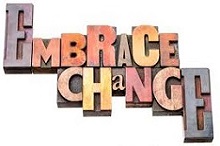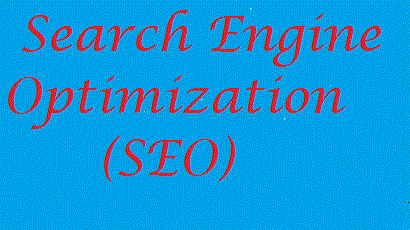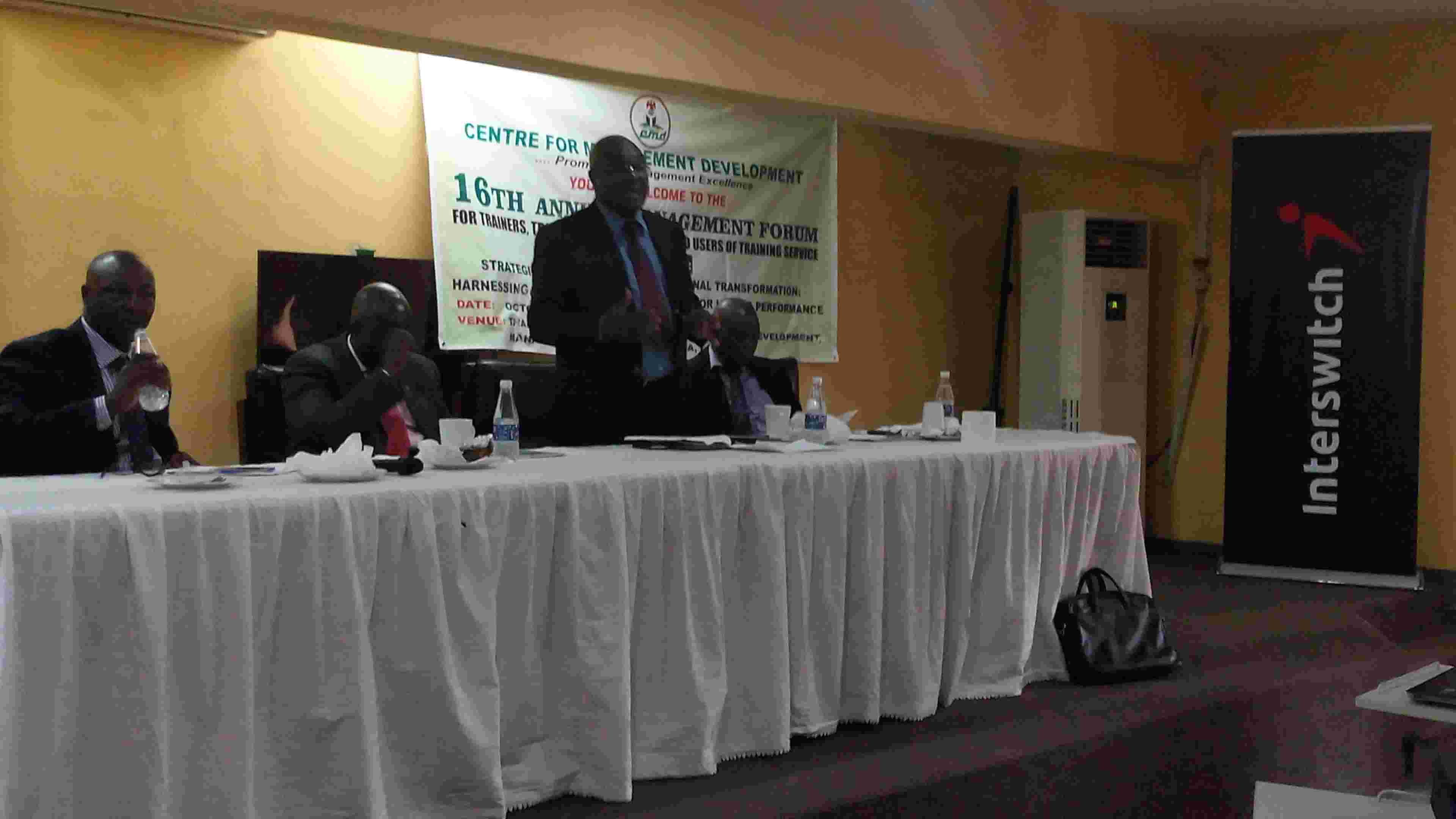Embracing Change – A Think Piece by Uwem Umana

Change must start from somewhere. We live in a day and age where change is the only constant. Big organizations all over the world are undergoing change and forming strategic alliances. Collaborations and cost cutting initiatives are taking place in different dimensions, all in a bid to positionally place the organization for change and success. Even families are adjusting, churches, mosques, places of worship, event centres, governments, shops, trains, airlines, etc. are adjusting to ensure safety of customers, workers, stakeholders and continued viability of the entity.
COVID-19 has made this change even more imminent and created a greater sense of urgency for change and transformation to take place from late 2019 into 2020 and the foreseeable future. What this means is that we cannot afford to think the way we used to do before. If we think the way we use to think before, then we cannot have any new outcome(s) ; It would be the same old outcome(s) that we will experience and is that what we genuinely want ? Certainly not! So, to think differently, people must rise up in the organization to question current practices and demand for a greater sense of urgency in order to refocus and reposition the organisation, for change and success. Of course, we must create a balance as well (but it is that balance that sometimes drives us backward, instead of forward). Zooming into what needs to be changed and formulating a process to facilitate this change is where the work lies.
What catapults an organization into change and transformation?
Losses, failures, dwindling revenue, health and safety standards, lack of focus, complacency, inability to see the future, inability to be competitive, lack of insistence on highest standards, lack of setting very high goals, lack of raising the bar higher, having a false sense of security, leaders telling members of the team that the organization is doing well, etc. are some of the factors that lead organization to change and transform.
The events that bring about change are orchestrated by circumstances that could be either pleasant or not pleasant (most of the time unpleasant). The events where the ENDSARS protest(In Nigeria) unearthed a lot of things in Nigeria like large warehouses where palliatives were stored, the cruelty of the police, the anger in the youth, the miscreants in the society, is still fresh in our memories. The pains and excessive hardship brought unto millions of people across the world because of Covid19 is before our very eyes. The delay in conceding defeat by incumbent POTUS, Mr. Trump had led to delayed transition plans in the US. The mishandling of the Covid19 situation in the UK and the US had led to a very unfortunate massive loss of lives. Families finances, economics, social and mental wellbeing have had to be adjusted accordingly to support the new lifestyle ushered in because of COVID-19 19 pandemic and the more recent Ukrain and Russian War.
As a business analyst, I welcome this sort of development. Yes, it may wrack a few nerves, but that is usually what is needed to bring about change, especially sustainable change. As a change specialist, I am always on the watch out for these sorts of occurrences and actually celebrate them. The change process has begun for many homes and organisations and trust me, for the better. Some families and homes are still figuring out what to adapt and change, while some are already embedding some new practices. In business analysis we have what is called the SARAH model for change. This model simply describes the stages that stakeholders pass through before finally embracing change.
SARAH
S- shock - The first stage is shock, when once a change is introduced or people are exposed to change, people get an initial shock at the change.
A-anger - The second stage is anger. People get angry at the change due to so many reasons. People get overwhelmed. Because they have been so used to doing things the way they used to do before. So when the new thinking comes on, or the new thought comes on; the new idea becomes very overwhelming and people just display anger at it.
R – resistance - The third stage is resistance. Because people do not know how to handle change, they resist it. The change always comes along with new methodologies, always comes along with new ways of doing things, shifting paradigms and this means that people have to move out of their comfort zones and this, people resist, vehemently.
A- acceptance - The 4th stage of change is acceptance. People now realize that they have no option than to accept the new way of doing things. They begin to see a glimmer of hope. They begin to see that actually; this new way is even more effective than the old way that they were used to before. They begin to say, you know what, there are ways that we could actually deal with this which that is even more effective. For example, everything is going digital now and whether we like it or not, we must accept it. There are online tutorials, free courses, people who have been successful at it, that tell us that it is doable, so the earlier we embrace it, the better and more efficient for us.
H- Hope - The final stage of change is hope. We see the new change as a viable alternative now. We begin to look forward to reaping the dividends of the change.
In conclusion I would like to recommend that in families and organisations, we must always seek to embrace change and redefine processes to make life easier, more efficient and cost effective for all concerned. This will inevitably add value to the organisation.
An example for a family who would like to improve on their overall wellness could be a meeting with all the stakeholders in the family to decide what to cut out, add or change in the lifestyle of the family to improve overall health and well-being.
The final output could be something like:
- No more purchase of juice in the house, only water.
- No more refined sugar in the house, only brown sugar, or honey
- 5 portions of fruits a day.
- More raw vegetables like carrots, garden eggs, cucumber, etc.
- No more red meat, only chicken and fish.
- Fried foods should be minimized – other options should be encouraged: baking, boiling, grilling, roasting.
- 30 mins of exercise every day.
For this practice to be fully embedded in the family – it may go through the five stages of SARAH model: Shock, Anger, Resistance, Acceptance and Hope.
Join the conversation. Post your thoughts and questions below!
Uwem Mbot Umana is the Founder and Author of EnrichYourMind, a UK-based content writing, consulting, mentorship and training web outreach.






0 Comments